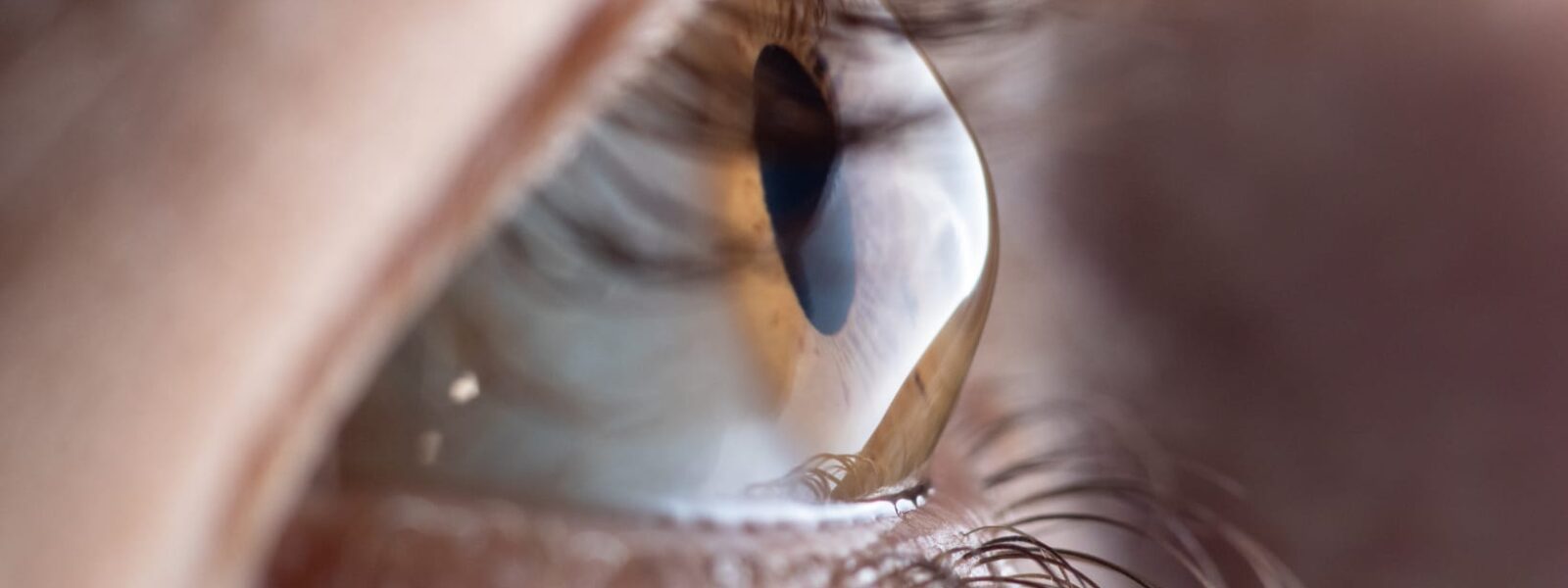Keratoconus treatment
Keratoconus disease of the eye is one of those diseases that is often overlooked or not noticed. It is therefore all the more important that the disease is detected and treated at an early stage. At BeyondEye, we offer comprehensive keratoconus screening for this reason.
What exactly is behind the word keratoconus?
Keratoconus refers to a thinning of the cornea. This thinning can cause the center of the cornea to bulge forward in a cone shape, making vision blurry or out of focus. Often both eyes are affected, but the degree of severity may vary. The exact causes of keratoconus are currently unknown. There is a genetic predisposition – but other factors such as UV light, allergies or eye friction can also lead to the disease. By the way, the first signs of corneal surface irregularity often appear during puberty. The eye disease occurs in episodes and the symptoms of the patients are very different.
Early diagnosis pays off
If keratoconus is overlooked at an early stage and consequently no precise diagnostic method (such as topography) is performed, surgery may be necessary. In the early stages, on the other hand, visual aids can already be used to counteract the progression of the disease. That’s why we at BeyondEye offer screening for keratoconus. If there is a positive finding, we start treatment immediately and can prevent further progression of the disease. In addition, patients who have already been diagnosed with keratoconus can have a follow-up diagnosis to see how the disease has developed. This allows us to plan and control the therapy in a targeted manner.
The latest equipment enables the best possible treatment
Today, early detection of keratoconus by means of equipment, i.e. the screening of keratoconus carried out in our clinic, is only possible thanks to modern diagnostic procedures (topography/tomography). Thanks to these procedures, ophthalmologists can now treat even before clinically relevant changes occur. The integration of biomechanical analyses further improves the overall screening accuracy. At BeyondEye, we are well equipped for these diagnostic procedures with the latest equipment and standards.
In the case of early diagnosis and treatment with contact lenses, we cooperate with trusted partners such as Thorsten Bauch, the Clinic for Ophthalmology Düsseldorf, Breyer Kaymak Klabe as well as the University Hospital Cologne and the University Hospital of Saarland.

